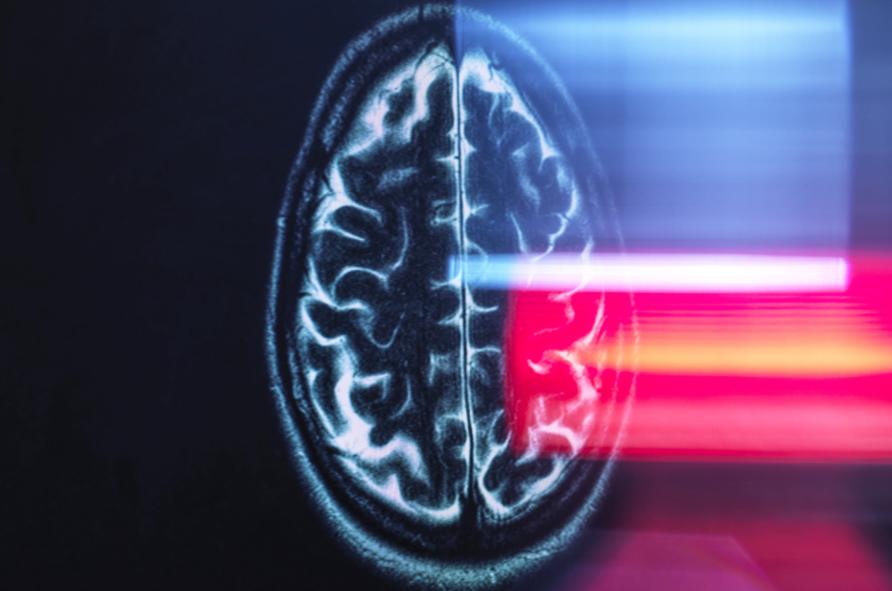
AI’s Role in Precision Medicine Revolutionizes HealthcareAI’s Role in Precision Medicine Revolutionizes Healthcare Artificial Intelligence (AI) is rapidly transforming the field of healthcare, particularly in the realm of precision medicine. This groundbreaking approach leverages AI’s computational power and data analytics capabilities to tailor medical treatments and interventions to individual patients, leading to more effective and personalized care. Personalized Diagnostics and Prognostics: AI algorithms can analyze vast amounts of patient data, including medical history, genetic information, and lifestyle factors, to identify patterns and predict disease risk. This allows clinicians to diagnose diseases earlier and more accurately, enabling prompt treatment and improved prognoses. For instance, AI-powered systems have been developed to detect early signs of Alzheimer’s disease and predict the likelihood of developing certain types of cancer. Targeted Treatment Plans: AI can help tailor treatment plans to match each patient’s unique genetic makeup and disease presentation. By analyzing genetic variations, AI algorithms can identify the most effective medications and dosage levels for each individual. This reduces the risk of adverse reactions and optimizes treatment outcomes. Furthermore, AI can predict the likelihood of treatment resistance, guiding clinicians in selecting the most appropriate therapies. Digital Biomarkers and Monitoring: AI-powered digital biomarkers can monitor patients’ health in real-time, detecting subtle changes that may indicate disease progression or response to treatment. Wearable devices and other sensors collect data on vital signs, physical activity, and sleep patterns. AI algorithms analyze this data to detect anomalies and provide early warnings, enabling timely interventions. Improved Drug Development: AI accelerates the drug development process by identifying potential drug candidates and predicting their safety and efficacy. AI algorithms can screen millions of chemical compounds to identify those with promising therapeutic properties. They can also analyze clinical trial data to optimize dosing regimens and identify potential side effects, reducing the time and cost of bringing new drugs to market. Personalized Lifestyle Recommendations: Precision medicine extends beyond diagnosis and treatment to include personalized lifestyle recommendations. AI can analyze an individual’s genetic profile and environmental factors to provide tailored advice on diet, exercise, and other health-promoting behaviors. This empowers patients to make informed decisions about their health and prevent future health risks. Challenges and Future Prospects: While AI holds immense promise for precision medicine, there are challenges to overcome, such as data privacy and security concerns, the availability of high-quality data, and the need for robust clinical validation of AI-powered systems. Ongoing research and collaboration between clinicians, researchers, and AI experts are essential to address these challenges and harness the full potential of AI for precision medicine. In conclusion, AI is revolutionizing healthcare by enabling precision medicine. By empowering clinicians with personalized diagnostic tools, targeted treatment plans, and real-time monitoring capabilities, AI is transforming the way we approach disease prevention, diagnosis, and treatment. As AI continues to evolve, we can expect even greater advancements in the field, ultimately leading to improved patient outcomes and a more proactive approach to healthcare.
Posted inNews